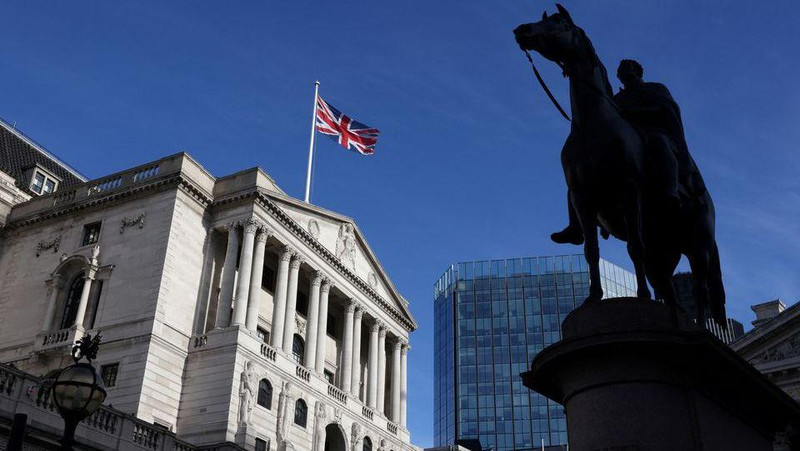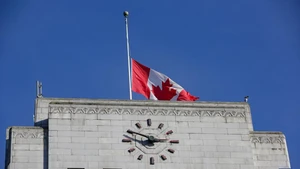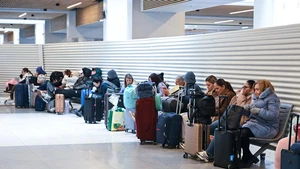The UK’s economic growth has been gloomy and is lower than expected in July 2022. According to the UK Office for National Statistics, electricity prices rose 54% in the 12 months to July 2022. Industrial production in the UK fell by 0.3% in July and construction by 0.8%, partly due to hot weather, as well as soaring raw material prices due to escalating inflation.
Meanwhile, the value of fuel imports reached a record high of 11 billion GBP (12.8 billion USD) in July 2022 and accounted for 21% of total imports.
Another sign of the UK’s economic difficulties is that bond and stock markets and the pound sterling plunged in August, due to pressure from concerns about the risk of the economy falling into recession.
Recently, the UK financial markets fluctuated sharply after the new Prime Minister Liz Truss announced that she would push forward with plans to cut and reform taxes to curb rising energy prices.
Accordingly, in the bond market, the UK's 10-year loan interest rate increased by more than 3% on September 6, for the first time since 2014. Faced with concerns about the risk of economic recession, the pound sterling has lost more than 6% of its value against the US dollar since the beginning of August.
Analysts have been concerned that, along with rising energy prices and inflation, the UK's economic and financial challenges, in particular, will be even more serious in late 2022 and 2023.
Shreyas Gopal, a currency strategist at Deutsche Bank, warned of the risk of a debt crisis similar to the 1970s when the UK needed an International Monetary Fund (IMF) bailout. According to him, if investors’ confidence continues to be eroded, it could lead to a crisis in the balance of payments, affecting the ability to attract foreign investment.
Extreme weather in the summer of 2022 has “added fuel to the fire” making the UK’s economic difficulties even more serious. The country recorded the hottest day on record in mid-July when a village in the East Midlands of England reached 40.3C, breaking the previous record of 38.7C.
In hot and dry weather, forest fires broke out in many areas, increasing energy consumption. Besides, the infrastructure system in the UK is facing increasing pressure due to the heat, in the context that railway lines built in the Victorian era are not designed to withstand high temperatures. Agricultural production was interrupted due to a lack of water.
In mid-August, authorities officially declared a state of drought across the England regions, and restricted water use in areas affected by heat and drought.
The Bank of England (BoE) has just forecast that the UK will fall into a recession by the end of 2022 and would not get out of this situation until early 2024. The BoE is expected to raise interest rates again on September 22, to cope with inflation that is rising more than 10%.
US-based multinational investment banking firm Goldman Sachs also forecast that the UK economic recession could start in the fourth quarter of 2022 and forecast that the UK economy will shrink by 0.6% in 2023.
Inflation will remain a “serious disease” for the UK economy in the near future. UK energy bills will increase by 80% to an average of 3,549 GBP a year from October. Citibank forecasted that UK inflation will soar to a half-century record high of 18.6% in January 2023.
The above economic challenges are considered a “test” for the new government of Prime Minister Liz Truss. Analysts have been concerned that if she and her colleagues can’t steer the UK’s “economic boat” through the crisis, it is likely that storms will return to UK politics.
















